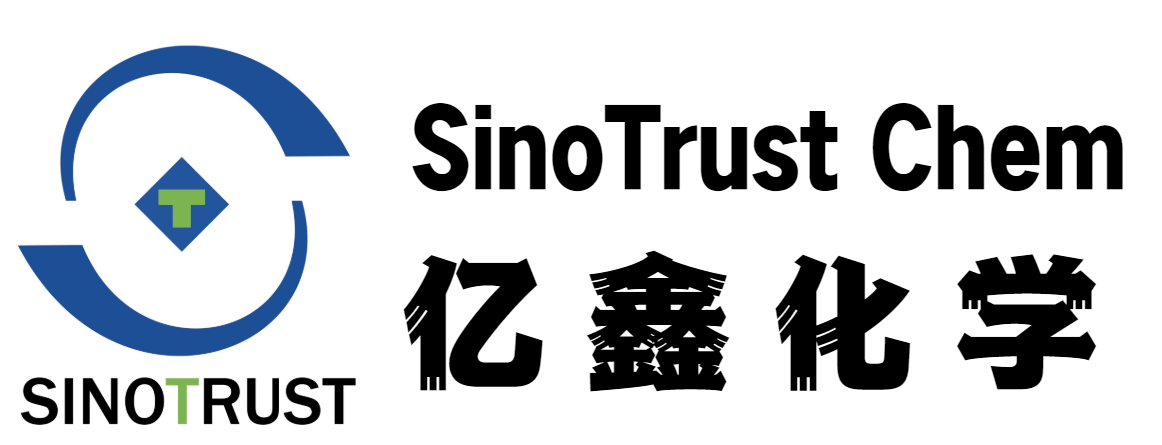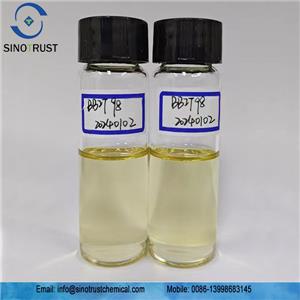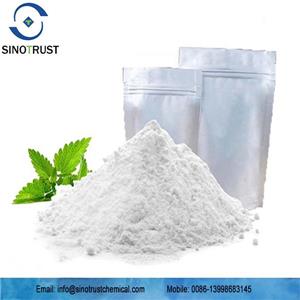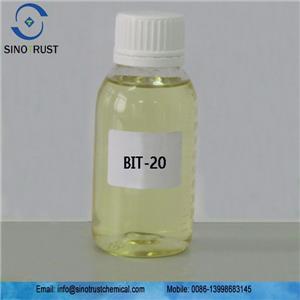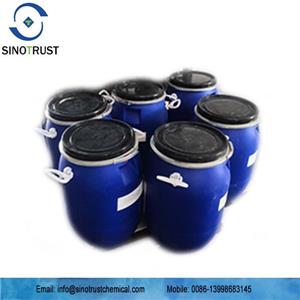EPW Mildew Preventive agent with same effect as ROCIMA 363
EPW Mildew Preventive agent
EPW Mildew Preventive agent | |
Active matter | Diuron; Carbendazim; OIT(2-Octyl-3(2H)-isothiazolone) |
CAS No. | 330-54-1; 10605-21-7; 26530-20-1; |
Type | Formular mildew agent of Diuron, Carbendazim and OIT. |
Similar product | EPW has the same effect as Rocima 363. |
Our factory produce EPW mildew preventive agent, It is a water-based biocide for the complete protection of interior and exterior coatings from fungal and algal growth. And with same effect as product of Rocima 363. Sample could be supplied for testing.
Chemical and Physical Characteristics
Composition | A combination of benzimidazole carbamate, 2-n-octyl-4-isothiazolin-3-one (OIT) and a urea derivative. |
Appearance | White to beige free flowing dispersion |
Odour | Mild |
Acetone Insoluble | 17.5-20% |
Density (20°C) | 1.100-1.200 g/ml |
PH | 5.0-8.0 |
Particle Size (Hegman) | ≤ 35µm |
Solubility | Insoluble in water and sparingly soluble in most organic solvents |
Stability in application | Stable over the pH range 2 - 10 and at temperatures of up to 100°C |
Biocidal Properties
EPW has wide anti-fungal and anti-algal activity including efficacy against the following organisms:
Test Organisms | ||
Moulds | Yeasts | Algae |
Alternaria alternata | Candida albicans | Chlorella emersonii |
Aspergillus niger | Rhodotorula rubra | Gloeocapsa sp. |
Aspergillus versicolor | Saccharomyces cerevisiae | Nostoc commune |
Aureobasidium pullulans | Pleurococcus sp. | |
Cladosporium cladosporoides | Scenedesmus vacuolatus | |
Penicillium funiculosum | Stichococcus bacillaris | |
Penicillium purpurogenum | Stigeoclonium tenue | |
Phoma violacea | Trentepohlia aurea | |
Ulocladium atrum | Trentepohlia odorata |
Applications / Use levels
EPW is recommended for the protection of interior and exterior coatings from fungal and algal growth. It is free of organic solvents and is suitable for the production of VOC-free formulations. For protection of water based products from bacterial and fungal infection in the wet state the additional use of one of our wide range of in-can preservatives is recommended.
Optimum use concentrations will depend on the required properties of the coating and the environment in which it is to be exposed. Normal addition levels are in the range 0.25 - 2.0%.
EPW can be added at any stage in the production process but to ensure optimum even dispersion it is recommended that it be stirred efficiently into the formulation as early as possible during the manufacturing cycle.
EPW is compatible with most raw materials used in microbiologically susceptible products. However, users are advised to conduct their own stability tests before initial use or seek specific assistance from us.
Package/ Storage/Shelf life
Package: in 1100kg IBC Drums.
Shelf life: 1 Year.
Availability: Ex stock in the above packaging.
Storage: Use polyolefin containers. Keep containers tightly sealed. Store away from extreme heat. Prevent release to the environment by adequate secondary containment and use of appropriate spill control procedures.
If you have any interest, pls contact us freely. Sample could be supplied for testing.
